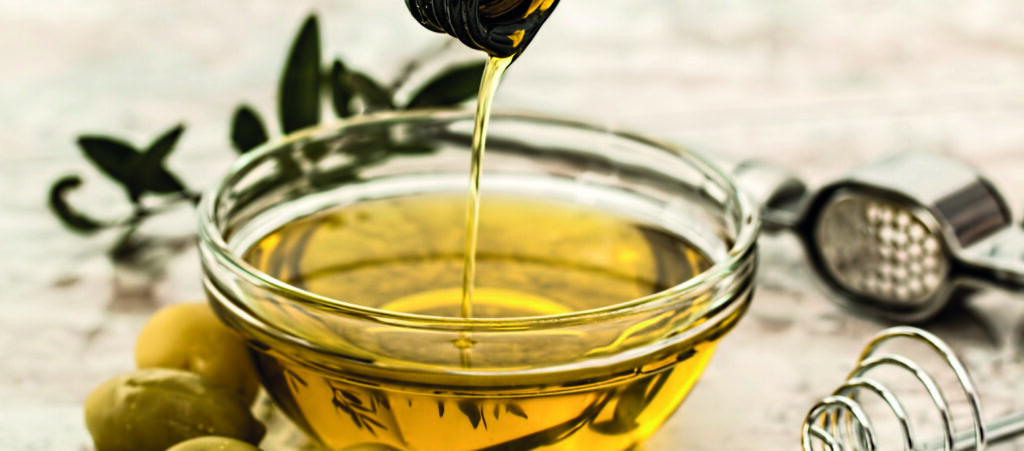White Paper
Detection and Quantitation of Olive Oil Adulteration

Olive Oil, renowned for its health advantages and versatility in cooking, has garnered global attention for promoting longevity and overall well-being. But beneath its importance lies a lesser known, darker narrative – olive oil adulteration driven by economic motives and increasing demand globally. This practice involves the deliberate dilution or substitution of genuine olive oil with inferior, cheaper oils – compromising flavour, nutrition, and economic sustainability, while tarnishing the reputation of legitimate producers.
The scale of adulteration in the industry is vast and intricately woven into the supply chain, making detection and prevention challenging. In addition, current assessment methods are slow, subjective and unreliable. There remains a need for a more rapid screening solution that can be deployed at the point of goods receipt.
Discover ProfilePrint’s breakthroughs in addressing these issues, including:
- Detecting adulteration involving 5% or more of lower-grade oils
- Leveraging data-driven models to predict adulteration based on the percentage of olive oil, offering a versatile solution for detecting adulteration across various oils
Read more in our white paper.
Download White Paper:
If you have trouble accessing the form to download the white paper, please email us at [email protected] and we’ll send the document across.
